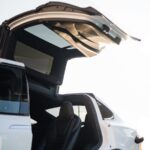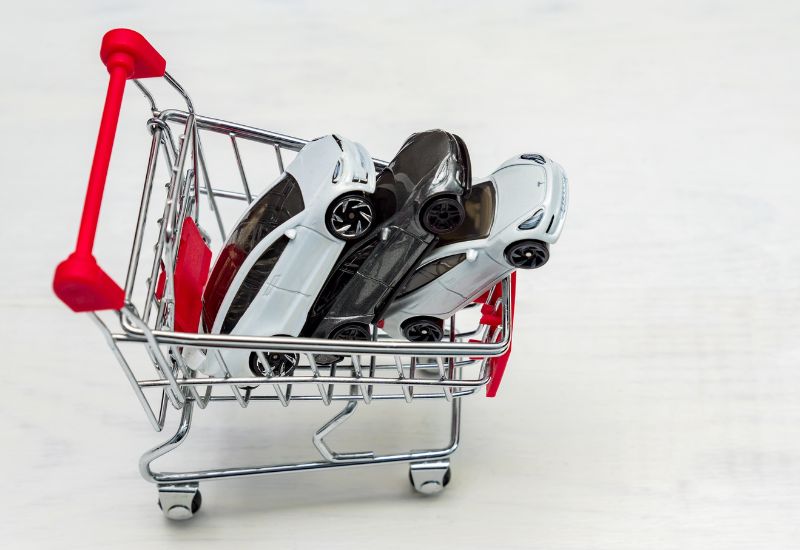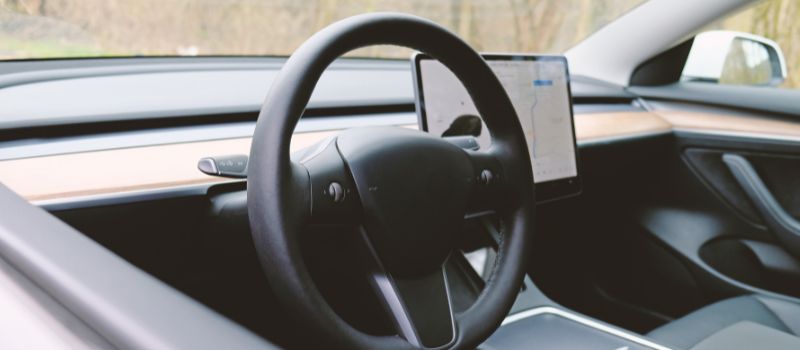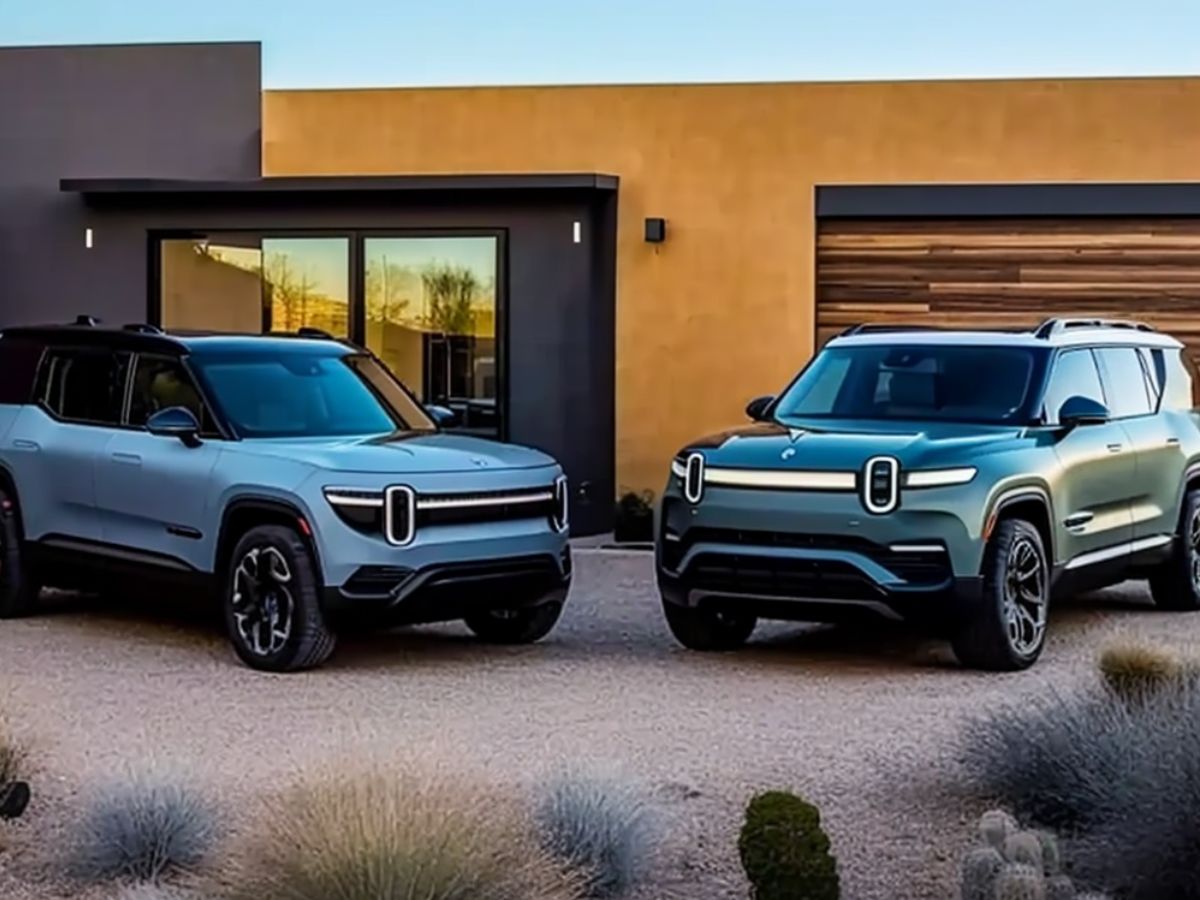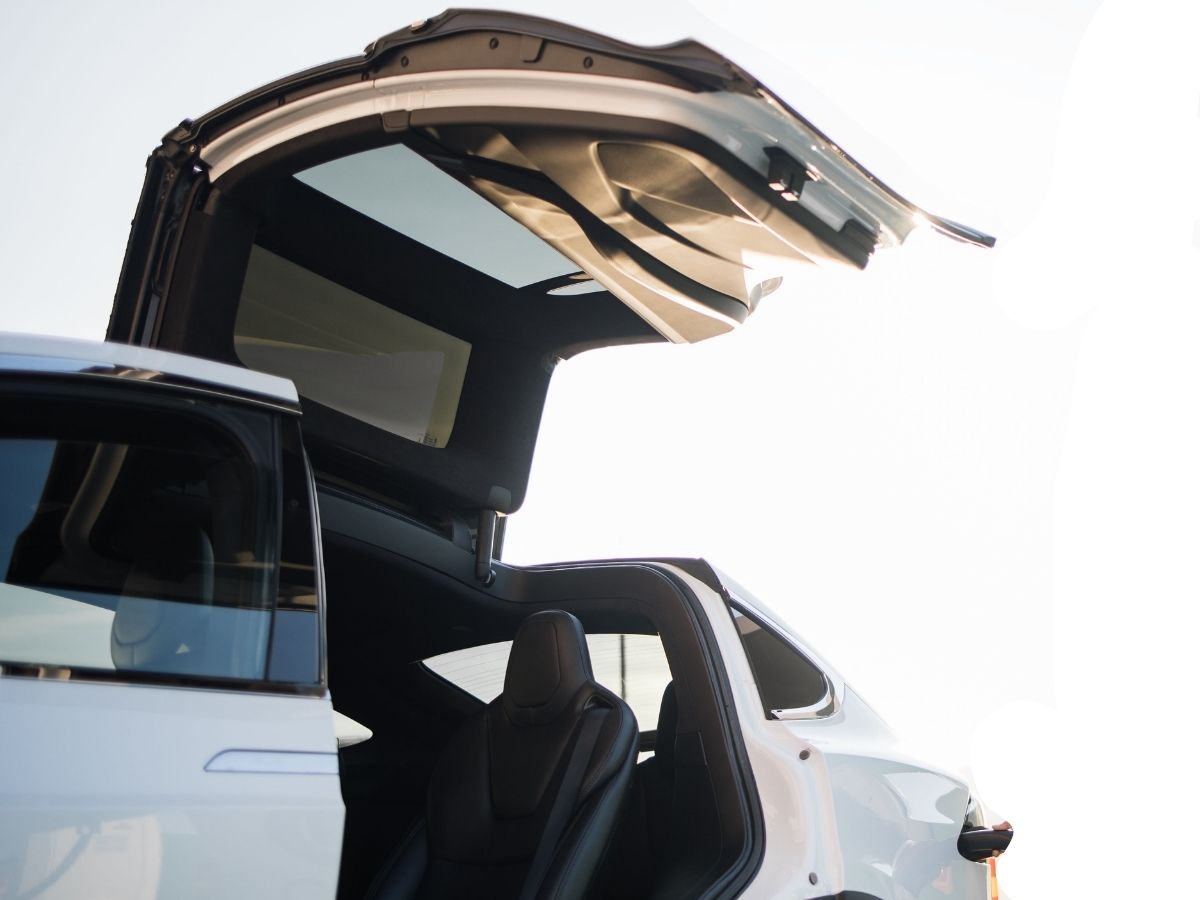Tesla, the brainchild of visionary entrepreneur Elon Musk, has been disrupting the automotive industry since its inception. Known for its sleek designs, eco-friendly technology, and cutting-edge features, Tesla has amassed a loyal fan following worldwide. However, amidst all the hype and admiration, one issue that has plagued Tesla’s reputation is its history of automotive recalls.
From Model S to Model X to Model 3, Tesla has had several recalls over the years. While recalls are common in the automotive industry, Tesla’s recalls have been under constant scrutiny due to the brand’s image and the high stakes. In this article, we look closer at Tesla’s history of automotive recalls, their impact on the brand, and what the future holds.
The History of Tesla’s Automotive Recalls
Tesla’s first recall occurred in 2015 when the company recalled 90,000 Model S vehicles due to a potential seat belt issue. Since then, Tesla has had several recalls, with some of the most notable ones being:
1. Model S Fire Incidents (2013-2014)
In 2013, Tesla Model S caught fire multiple times, sparking concerns about the safety of electric vehicles. In response, Tesla issued a software update to improve the battery’s cooling system, but the issue persisted, and the company recalled 29,222 Model S vehicles in 2014. The recall cost Tesla an estimated $154 million.
2. Autopilot Malfunctions (2016-2018)
Tesla’s Autopilot feature, which allows the vehicle to drive itself, has been controversial since its launch. In 2016, a fatal accident occurred when a Tesla Model S crashed into a truck while on Autopilot mode. The accident sparked an investigation by the National Highway Traffic Safety Administration (NHTSA), and Tesla issued a software update to improve Autopilot’s safety. However, several incidents of Autopilot malfunctions have occurred since then, leading to more recalls.
3. Model X Falcon Wing Doors (2016-2017)
The Model X, Tesla’s luxury SUV, features “Falcon Wing” doors that open upwards, giving the car a futuristic look. However, the doors proved problematic, with several incidents of the doors not opening or closing properly. In 2017, Tesla issued a voluntary recall for 11,000 Model X vehicles to fix the issue.
4. Model 3 Braking (2018)
The Model 3, Tesla’s affordable electric car, had a braking issue that caused longer stopping distances than other cars in its class. Consumer Reports flagged the issue, and Tesla issued a software update to improve the braking system.
5. Model S Suspension (2020)
In 2020, Tesla recalled over 130,000 Model S vehicles due to a potential suspension issue. The issue could cause the suspension to fail, leading to accidents. While no accidents were reported, the recall cost Tesla an estimated $1 billion.
The Impact of Tesla’s Recalls
Tesla’s recalls have had both financial and reputational impacts on the brand. While recalls are costly for any automaker, they are even more so for Tesla, a relatively young company. Tesla’s recalls have cost the company millions of dollars, and its stock price has taken a hit every time a recall is announced.
Moreover, Tesla’s recalls have also affected the brand’s reputation for safety among consumers. Despite Tesla’s efforts to address the issues, the recalls have raised questions about the reliability and safety of its vehicles. This has led to negative media coverage and criticism from industry experts and consumers alike.
However, it’s not all bad news for Tesla. The company’s proactive approach to recalls and its transparency about the issues have been praised by some experts. Tesla has also quickly addressed the issues, issuing software updates or offering free repairs to affected vehicles. Additionally, Tesla’s loyal fan following and strong brand image have helped the company weather the storm of negative press.
The Future of Tesla’s Recalls
As Tesla continues to innovate and push boundaries in the automotive industry, the company will likely face more recalls. However, the company has shown a commitment to addressing the issues and improving its vehicles’ safety and reliability.
Tesla’s recent focus on quality control and supply chain management could also help prevent future recalls. In 2021, the company opened a new quality control center in China, and Elon Musk announced plans to visit Tesla’s factories to ensure quality standards are being met.
Moreover, with the rise of electric vehicles, there is a growing need for industry-wide safety standards and regulations. Tesla has been actively working with industry stakeholders to establish these standards and improve the safety of electric vehicles.
FAQs
Q: What is a recall?
A: A recall is when an automaker or the National Highway Traffic Safety Administration (NHTSA) determines that a vehicle, equipment, or a part of a vehicle poses a safety risk to the driver or passengers.
Q: How does a recall impact a company?
A: A recall can have a financial and reputational impact on a company. Recalls are costly and can damage a brand’s reputation for safety and reliability.
Q: Has Tesla been transparent about its recalls?
A: Tesla has been transparent about its recalls, issuing statements and offering free repairs or software updates to affected vehicles.
Tesla’s history of automotive recalls has been a bumpy road for the company, but it hasn’t slowed down its growth or innovation. While recalls have cost the company millions of dollars and raised safety concerns, Tesla’s proactive approach to addressing the issues and its commitment to improving its vehicles’ safety and reliability have been praised by some experts.



